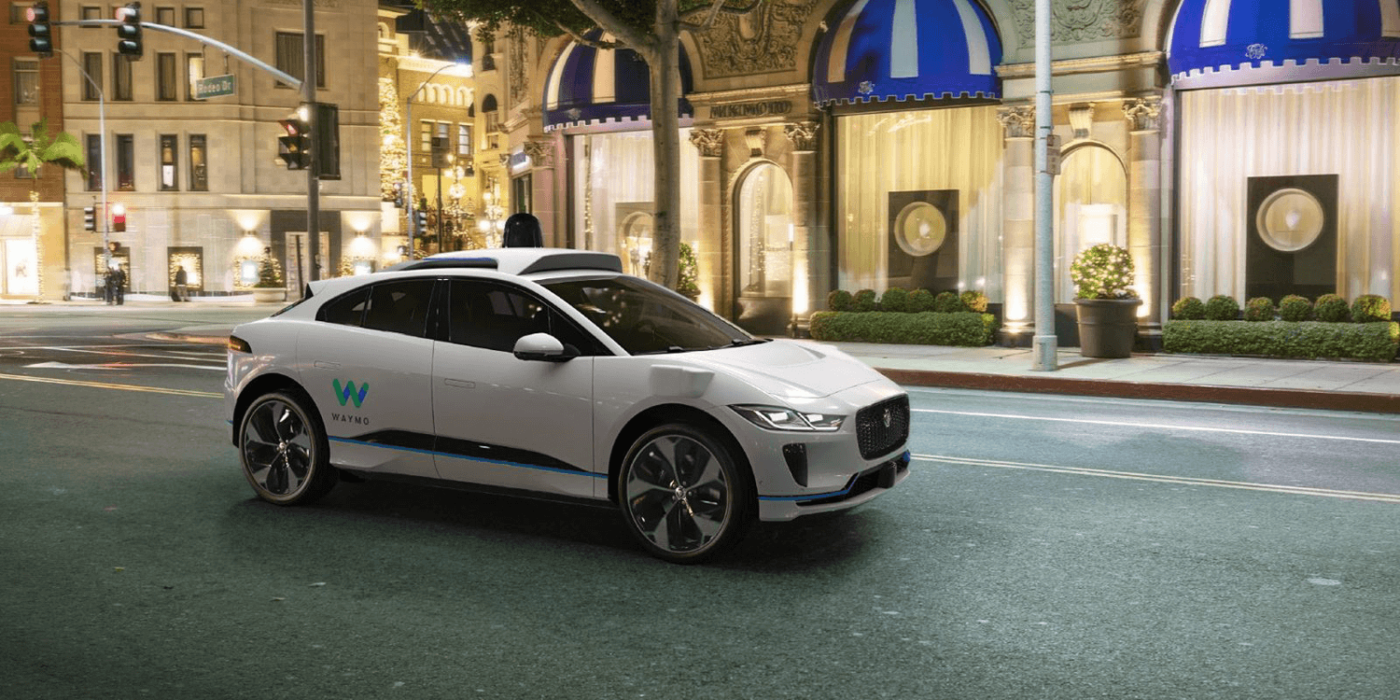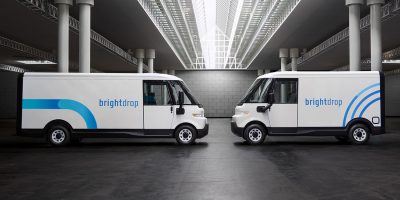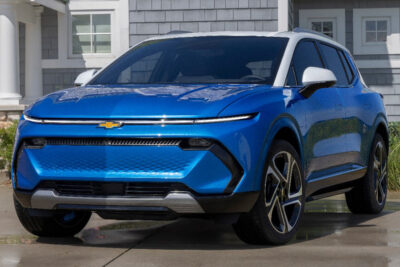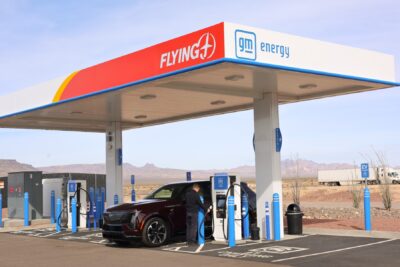Robocabs: Waymo is winning the fight; it’s flight for Cruise
First, a short update on Cruise. After the GM brand reportedly lost its self-driving license in California this week, it suspended all autonomous car activities in the USA. This affects the cities of Phoenix, Houston, Austin, Dallas and Miami.
In its initial decision, the California Department of Motor Vehicles (DMV) deemed the autonomous Chevy Bolt EVs “not safe for the public’s operation.” Moreover, the DMV accused Cruise of misrepresenting the safety of the technology following several accidents.
Cruise does not yet operate its proprietary shuttle Cruise Origin, but rather Chevrolet Bolt cars equipped with additional sensors.
Meanwhile, Google subsidiary Waymo is on a roll and expanding its very public robotaxi service in cooperation with Uber. They have now launched driverless rides in Phoenix, where users can book a completely self-driving electric car via the Uber app.
Waymo was Google’s driverless car project before the internet giant, now Alphabet, decided to focus on autonomous driving technology, not the car. Already in 2018, Waymo agreed with Jaguar to develop a fleet of I-Pace electric cars into robocabs. This transition is now well underway.
While Phoenix is the first launch of Waymo’s strategic partnership with Uber, Waymo has been offering autonomous rides directly through the Waymo One app not only in Phoenix but also in San Francisco, Los Angeles, and soon, Austin.
The so-called Waymo Driver service currently provides more than 10,000 rides weekly in the region; according to Waymo, over a thousand are to or from Sky Harbor International Airport.
The launch with Uber in Phoenix is to expand the user base. “Our partnership with Uber gives their riders the chance to experience the Waymo Driver,” said Tekedra Mawakana, co-CEO of Waymo.
Waymo generally sticks to its in-house expertise and focuses on artificial intelligence and specific hardware, including cameras, lidar and radar, leaving vehicle development to others.
In addition to Jaguar, Waymo entered a strategic partnership with Volvo Cars in 2020. Including the Polestar and Lynk & Co. brands, Volvo wants to integrate autonomous driving tech into a new electric vehicle platform for ride-hailing services based on the Waymo Driver. Waymo, at the time, said it would be the exclusive global partner for Volvo Cars for L4 tech, meaning the cars can operate safely without routine driver intervention.
Its latest cooperation, drawn up in 2022, sees the company work with another Geely company, Zeekr, on a purely electric and fully autonomous minivan for US ride-hailing services.
waymo.com (Uber-Waymo), reuters.com (update Cruise)





0 Comments